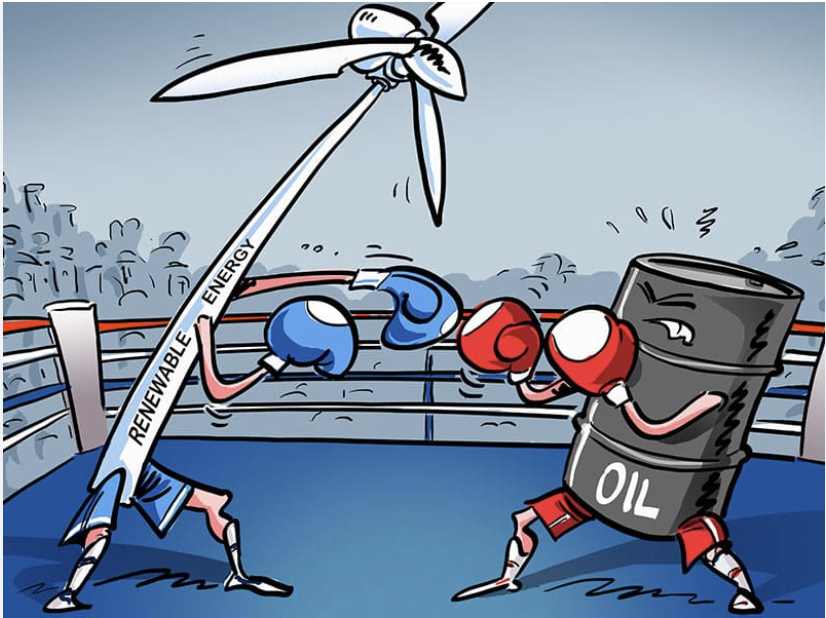SOLM309- Select Public International Law Issues in Energy- 2024/25
Topic outline
-

-
Forum Description: This forum is available for everyone to post messages to. Students can raise questions or discuss issues related to the module. Students are encouraged to post to this forum and it will be checked daily by the module leaders. Students should feel free to reply to other students if they are able to.
-
-
96.5 KB
-
There will undoubtedly be times during the term when you get stuck doing your homework or project. This is normal.
Who to contact for what:
- You can use the online student forum to post questions
- You can contact me by email: t.morgandi@qmul.ac.uk
-
-
51.5 KB
-
759.3 KB
-
Weeks 4&5 - Shared Energy Resource Treaties - Joint Exploitation of Common Offshore Hydrocarbon Deposits
-
57.0 KB
-
307.0 KB
-
12.4 KB
-
102.4 KB
-
3.3 MB
-
-
56.0 KB
-
85.7 KB
-
76.8 KB
-
168.1 KB
-
672.7 KB
-
-
51.5 KB
-
1.4 MB
-
3.5 MB